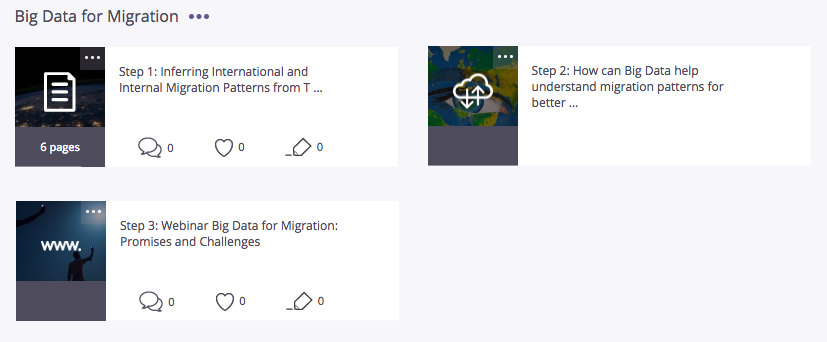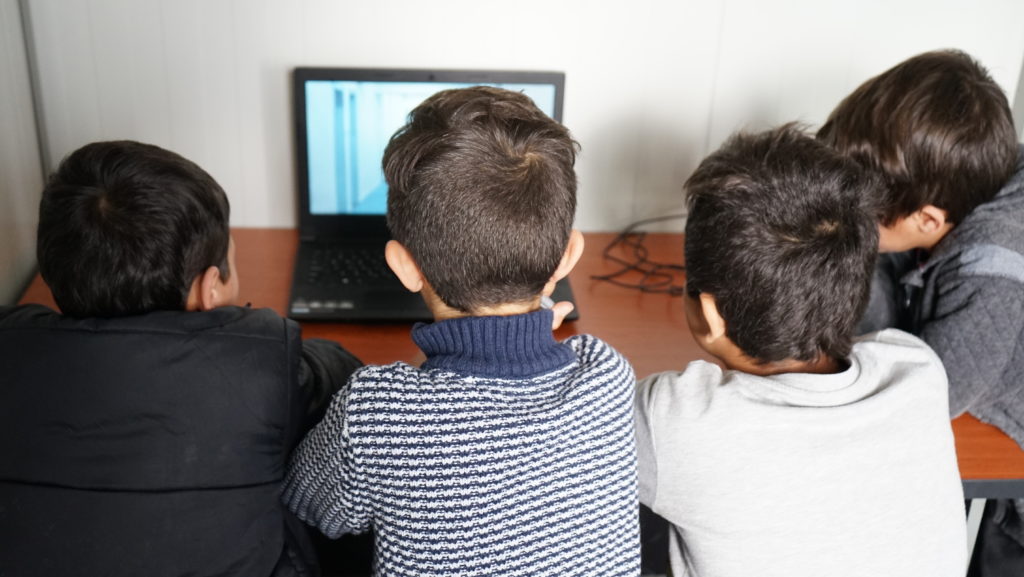Migration and
Displacement
About
More and more people move across and within the borders of their country of birth — freely, in the search of better opportunities; sometimes forcibly to flee conflict, persecution or starvation; or more often due to a combination of factors. New data sources such as cell phone records and social media data, combined with traditional survey data and official statistics, can yield unique insights into the drivers and effects of population movements in both ‘sending’ and ‘host’ communities. Our goal is to contribute to more informed policy discussion and decisions on one of the most contentious issues of our time.
Publications
No se encontraron publicaciones en esa categoría
Projects
Open Learning Hub:
Big Data for Migration Module
Learn more about the application of Big Data to study and understand Migration on our Open Learning Hub. The module is based on the paper “Inferring International and Internal Migration Patterns from Twitter Data” by Emilio Zagheni, Venkata Rama Kiran Garimella, Ingmar Weber, and Bogdan State.

Data 4 Refugees Turkey
Big Data Challenge, co-organized by Türk Telekom, Bogazici University and Tübitak; in collaboration with Fondazione Bruno Kessler, MIT Media Lab, Data-Pop Alliance, UNHCR, IOM and UNICEF.

